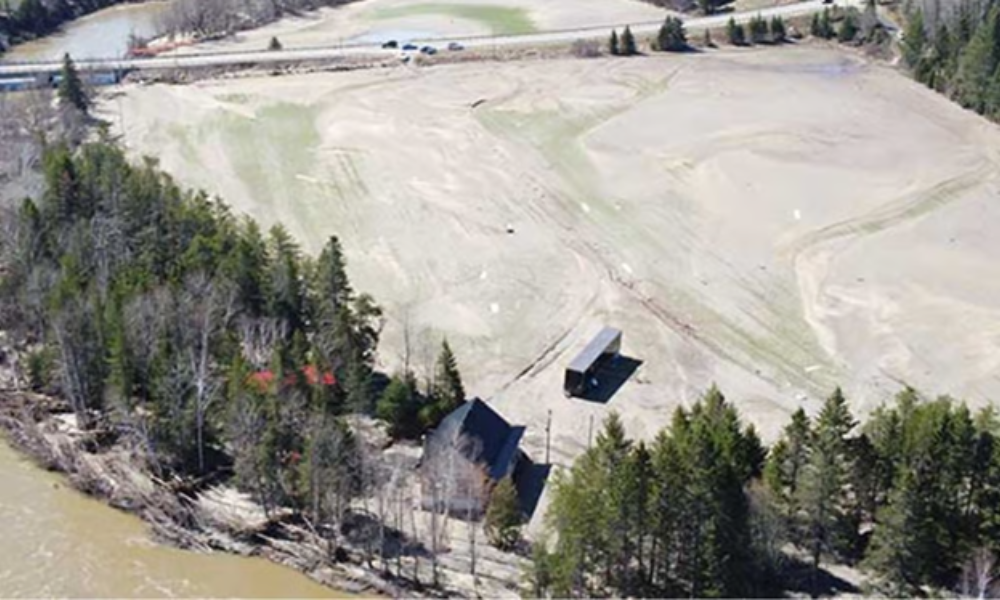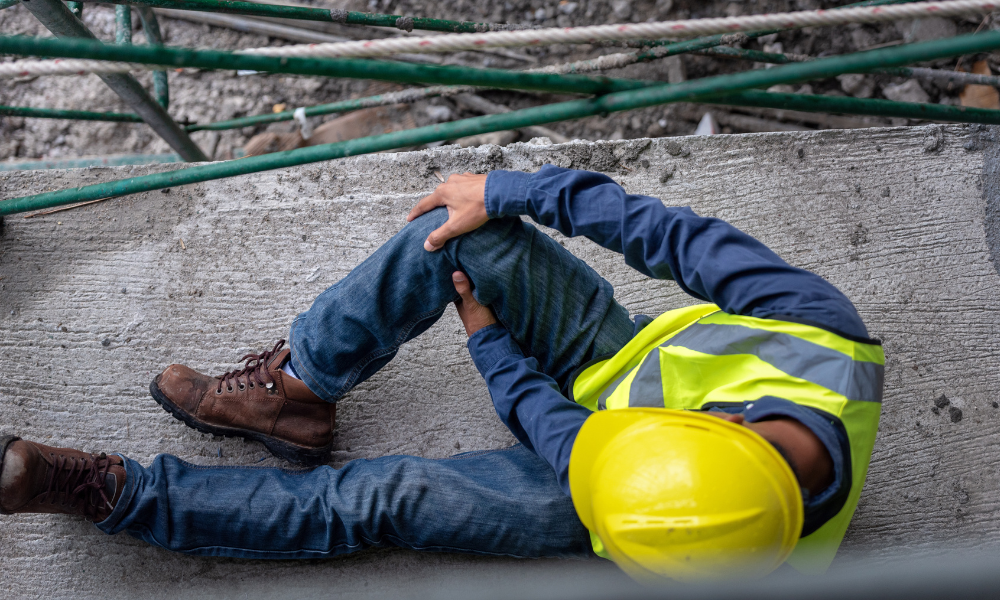Coroner's report states 'they did not put their safety first'

Critical failures in emergency preparedness, training, and intermunicipal coordination were behind the deaths of two firefighters in Quebec two years ago, according to a coroner’s report.
The two men died during a water rescue operation in Saint-Urbain, Quebec, in May 2023.
On the day of the incident, part-time firefighters Régis Lavoie, 55, and Christopher Lavoie, 23, were attempting to assist residents trapped by rising waters in the town. They were riding an all-terrain vehicle (ATV) that was caught in the current and pushed up against a tree.
Both men fell off and were swept away.
Their deaths were the result of a “chain of events” rooted in systemic inadequacies, according to Coroner Andrée Kronström.
The municipal civil security plan was poorly understood, emergency resources were misallocated, and responders lacked training for high-risk aquatic interventions, Kronström reported.
With a lack of direction from municipal authorities and insufficient resources, the firefighters made the decision to attempt the rescue using a personal amphibious vehicle, which was not designed for use in fast-moving waters of that depth, CBC reported, citing Kronström’s findings, which were written in French.
In addition, the firefighters were wearing bunker suits—heavy firefighting gear—but were not wearing personal flotation devices, according to the report.
"They meant well, they wanted to go and help," Kronström said of the two men, "but they did not put their safety first" and were maybe unaware of the risks involved, according to the report.
Kronström also stated that the firefighters’ view of hero culture needs to be approached in a more balanced and safety-conscious manner.
CNESST findings
Kronström’s findings echo the findings of a previous investigation by the Commission des normes, de l'équité, de la santé et de la sécurité du travail (CNESST).
"Developing specific training for flood response and integrating it into mandatory firefighter training courses is imperative," states the CNESST report, which was published in March 2024. "This will equip firefighters with the necessary skills and knowledge to navigate water-related emergencies safely."
"The lack of planning of preventive measures to manage flood situations led to poor management of the response, resulting in the drowning of two firefighters," according to the report.
Response to the incident
The tragedy highlighted the vulnerability of small municipalities in crisis situations. Saint-Urbain Mayor Claudette Simard told CBC the town had just 12 firefighters on call, with limited resources and training capacity.
Recruiting more volunteer firefighters takes time, she said, noting that the municipal government must ensure proper training is provided.
Since the incident, the town has revised its civil security emergency plan and now conducts annual reviews.
Simard also noted that the municipality's website will be updated to include an alert system to notify the public of emergencies. The town will also launch a new webpage with tips and tools to help residents better prepare for future events, in response to the coroner’s recommendations.




